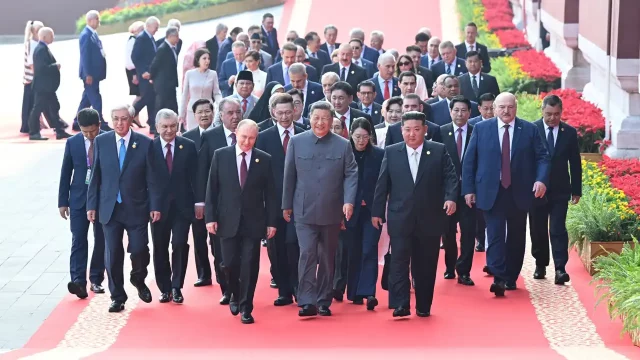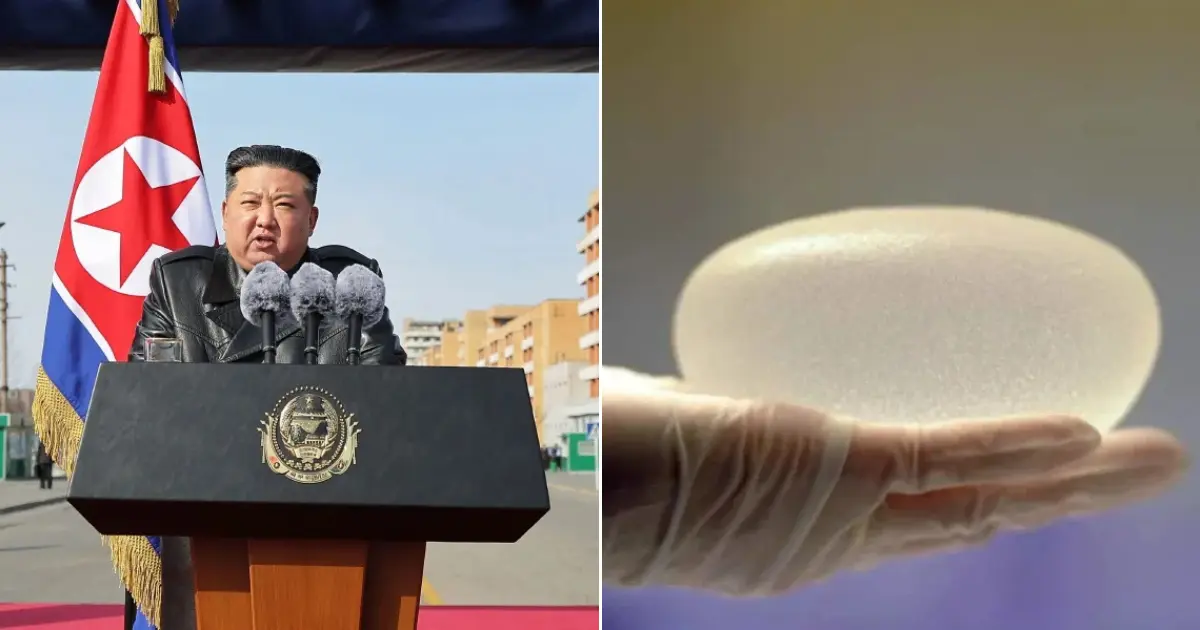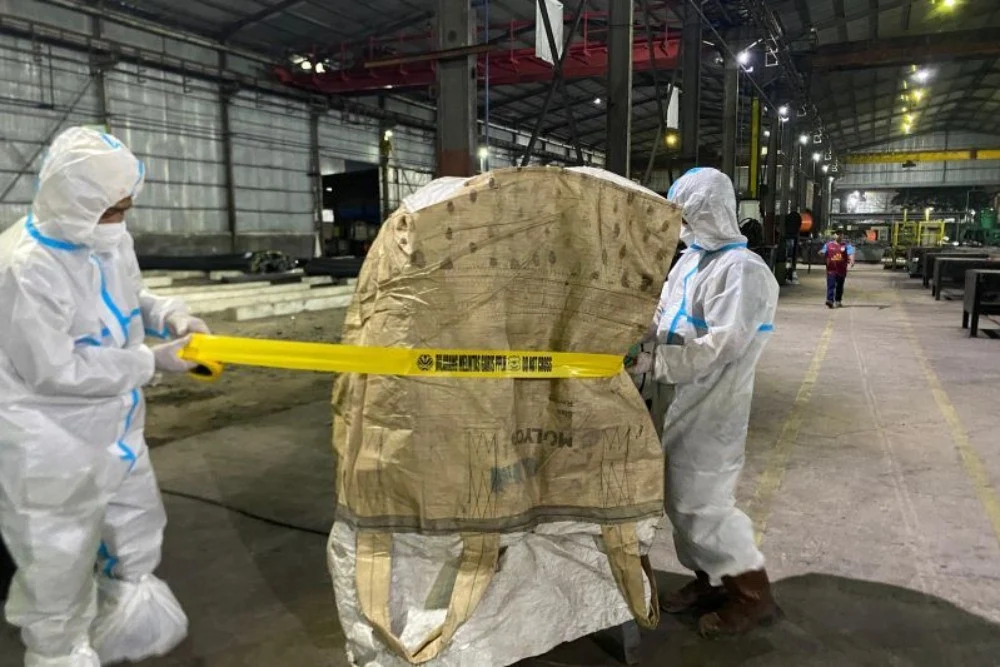A surprising report has surfaced suggesting that Chinese President Xi Jinping and Russian President Vladimir Putin recently engaged in a private discussion about life extension through organ transplantation. The alleged conversation, said to have occurred during an informal bilateral meeting, has drawn international attention and reignited debates about bioethics, power, and the pursuit of immortality among world leaders.
According to sources familiar with the discussion, both leaders expressed deep interest in advanced transplant medicine and regenerative technologies. The dialogue reportedly touched on how medical science could extend human longevity, especially in relation to political leadership and productivity.
While no official statement has been made by either government, the rumors have circulated widely on social media, sparking public fascination and ethical concern.
Science, Power, and the Quest for Longevity
The idea of using organ transplants and regenerative medicine to prolong life has long fascinated the world’s elite. In China, government-backed biotech research has made significant progress in areas such as stem cell therapy, organ cloning, and xenotransplantation — the use of animal organs in human surgery.
Russia, on the other hand, has been known to invest in longevity medicine and cryogenic preservation, areas that intersect medical science with futurist ideology. Putin himself has occasionally referred to the importance of “maintaining vitality” for leaders and citizens alike, framing health as a matter of national security.
If the alleged discussion between Xi and Putin truly took place, analysts say it may reflect a shared ambition among authoritarian regimes to harness biotechnology not only for health but also for political continuity. Such ambitions, they warn, could blur the line between legitimate medical advancement and unethical human experimentation.
Ethical Concerns and Global Reactions
The report has prompted strong reactions from international observers. Human rights organizations have voiced concern that organ transplant discussions involving state leaders could hint at broader ethical dilemmas — particularly given longstanding allegations of forced organ harvesting in China.
Dr. Eleanor Grant, a bioethics professor at the University of Cambridge, commented:
“If such conversations truly occurred, they raise serious moral questions about how leaders perceive human life and science. Organ transplant medicine is a field meant to save lives, not to fuel the ambitions of those in power.”
Meanwhile, Russian and Chinese state media have not confirmed or denied the report, choosing to remain silent on the issue. However, online commentators in both nations have reacted with skepticism, joking that the two leaders were “searching for the fountain of youth through science.”
The Western press has framed the alleged discussion as part of a growing trend among global elites exploring life-extension technologies, including gene editing, anti-aging research, and organ regeneration.
Organ Transplantation and Political Symbolism
For many analysts, the story carries symbolic weight beyond science. Both Xi and Putin lead nations where longevity in power is seen as both a political and ideological goal. Putin, who has led Russia for over two decades, and Xi, who recently secured an indefinite term, represent leaders who have blurred the boundaries between the state and personal rule.
“The metaphor of organ transplantation — replacing failing parts to extend the life of the body — parallels how these regimes manage political survival,” said geopolitical researcher Alexei Borodin.
“The body, in this sense, becomes the nation. Keeping it alive indefinitely is both scientific and political.”
International watchdogs have urged transparency and ethical oversight in the fields of transplant research and organ sourcing, warning that political misuse could harm the credibility of legitimate science.
At the same time, the discussion has reignited interest in global biomedical competition, as China and Russia are increasingly investing in cutting-edge medical research to assert scientific independence from Western institutions.
Whether the conversation actually happened or not, the rumor has sparked reflection on humanity’s enduring obsession with defeating mortality, and how power often seeks to bend science toward its own ends.


